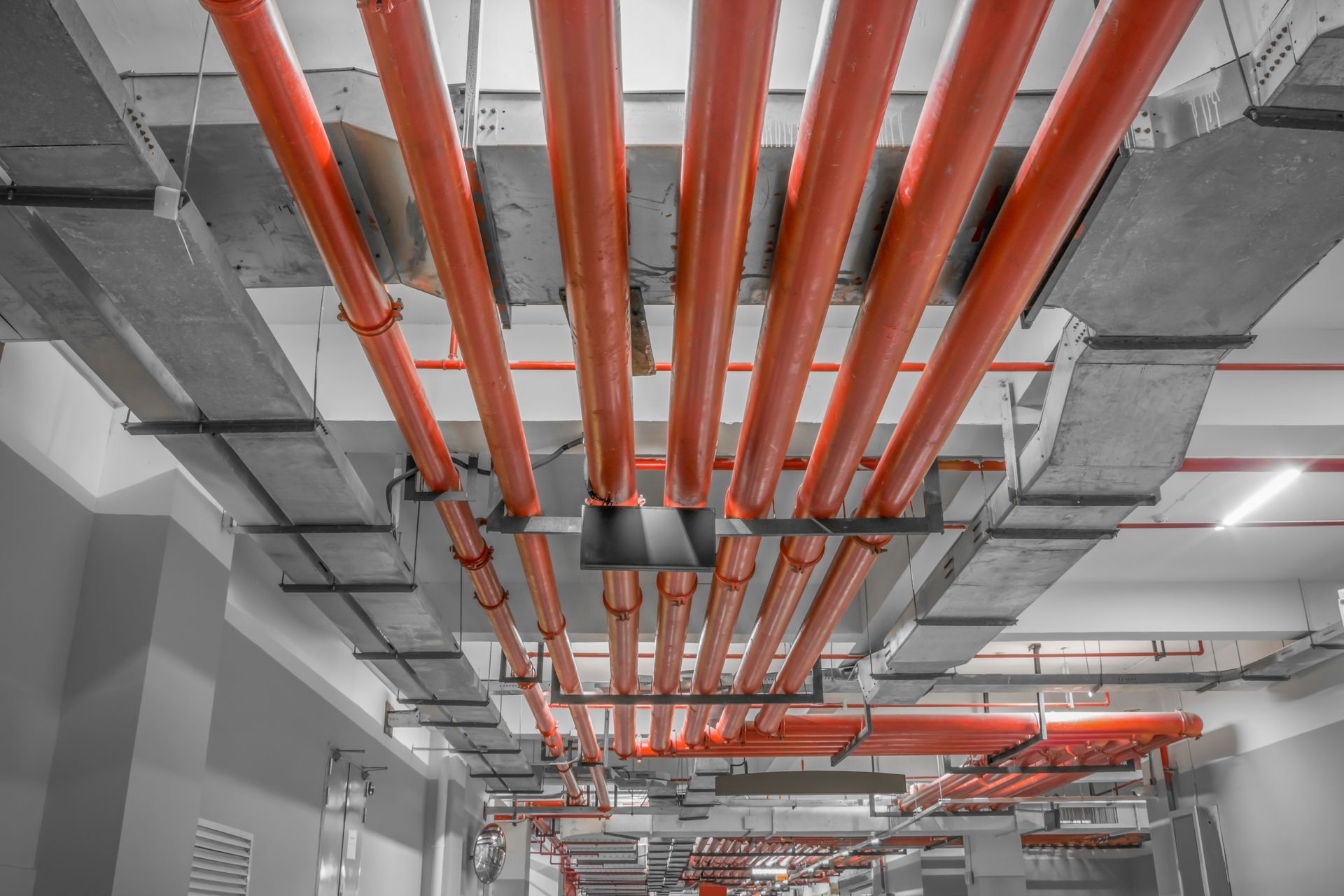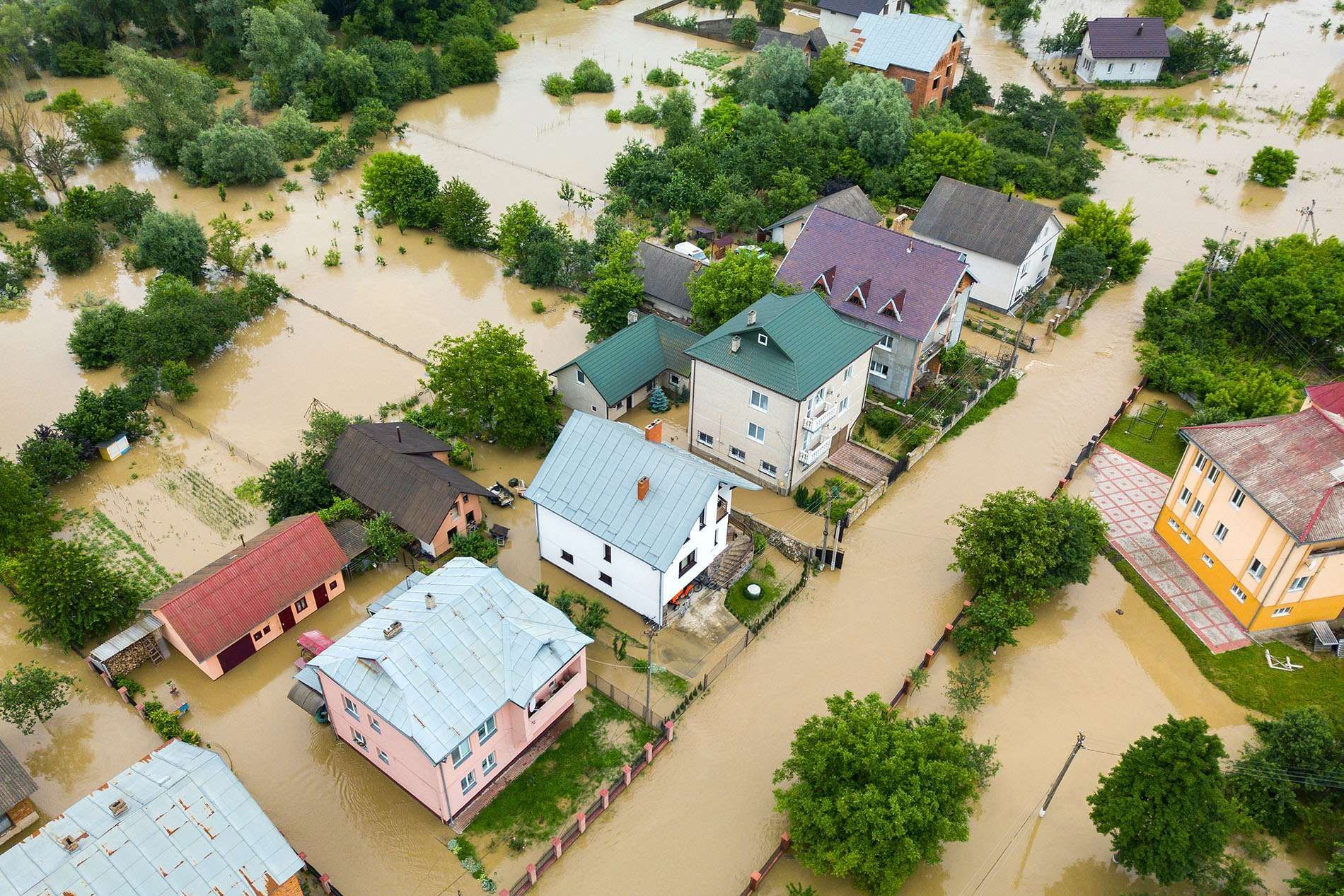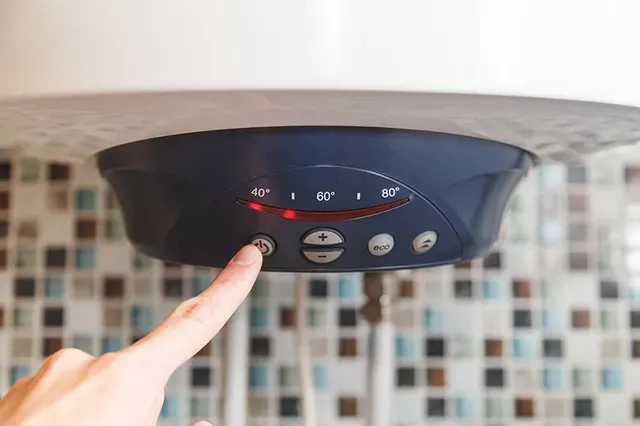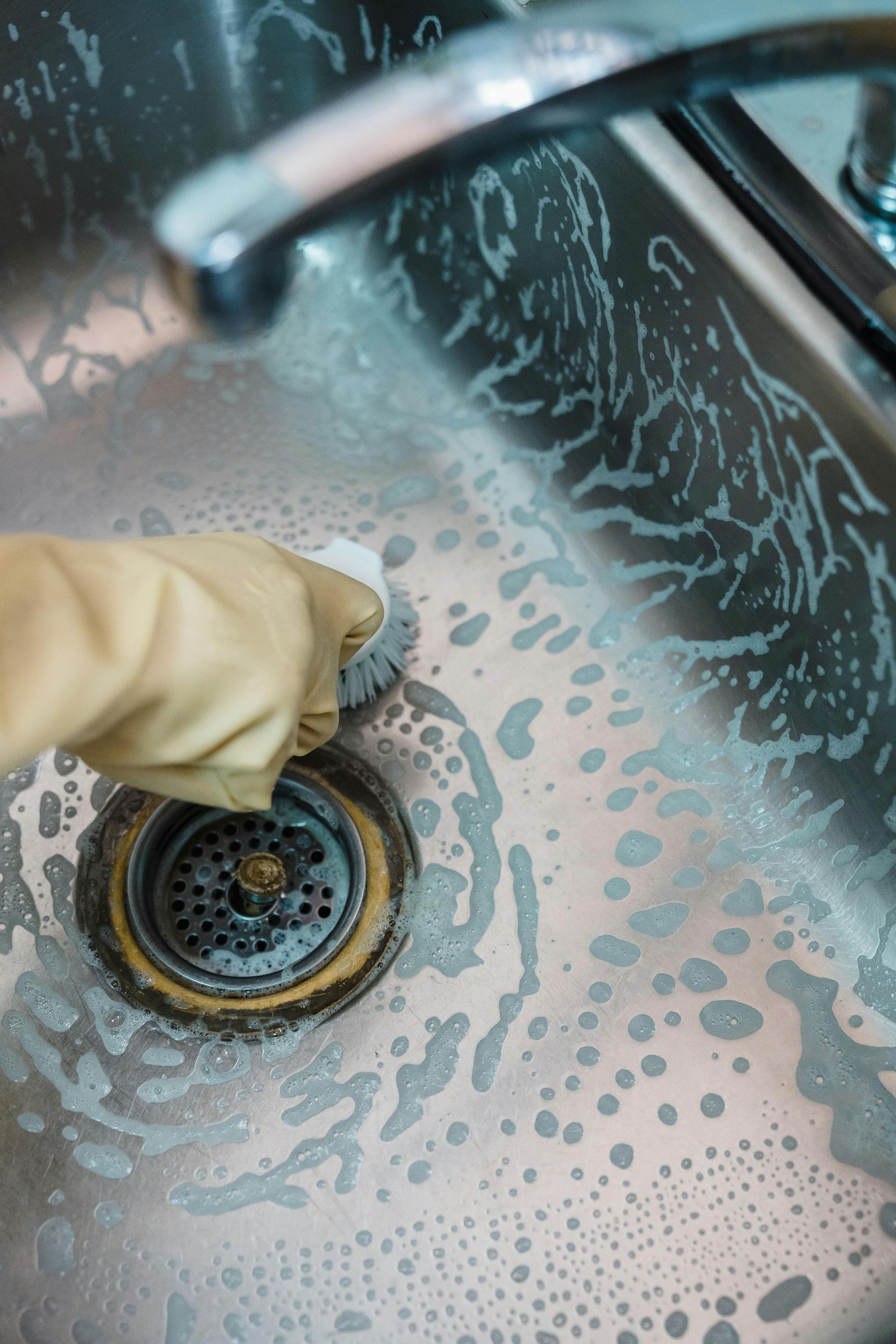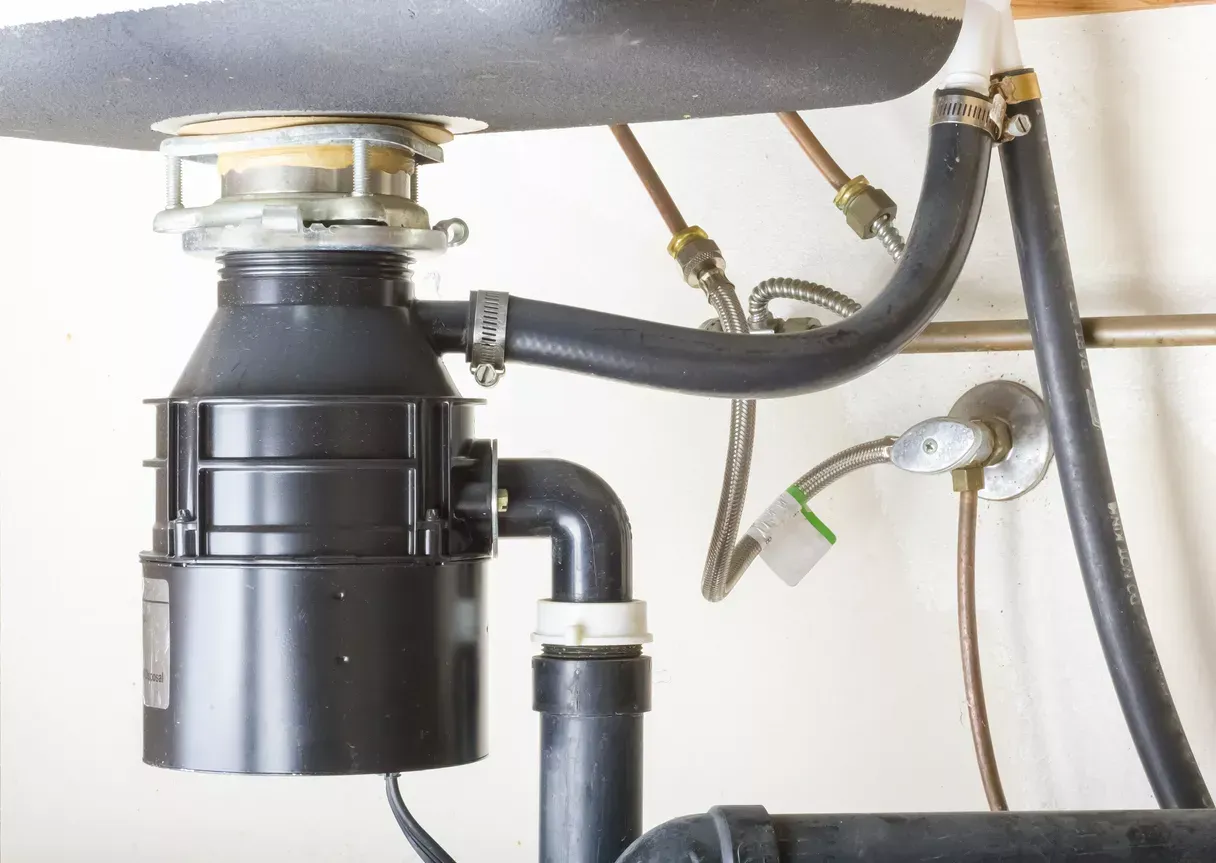Why Is My Yard Smelling Like Sewage?
Few things are as unpleasant as stepping into your yard and being hit with the unmistakable stench of sewage. Not only is the smell overpowering, but it can also indicate serious underlying issues with your plumbing or drainage system. A sewage-like odor in your yard is more than just an inconvenience—it could be a sign of a leak, a blockage, or even a major system failure. Understanding the potential causes can help you take action quickly before the problem worsens.
Four Ways to Handle a Broken Sewage Pipe
1. Broken or Leaking Sewer Pipes
One of the most common reasons for a sewage smell in your yard is a broken or leaking sewer pipe. Over time, underground pipes can crack due to age, shifting soil, tree root intrusion, or extreme weather conditions. When a sewer pipe is damaged, wastewater can seep into the ground, creating a foul smell that lingers in your yard.
Potential Risks: A broken sewer pipe can lead to contamination of your soil and groundwater, attracting pests and causing health risks due to exposure to harmful bacteria.
Precautionary Measures: Regular inspections of your sewer line can help detect early signs of damage. If you notice slow drainage or gurgling sounds from your plumbing fixtures, it’s best to have a professional plumber inspect the pipes before the problem escalates.
2. Clogged or Overflowing Septic System
If your home is connected to a septic tank, a full or overflowing system can be another culprit behind the bad smell. Septic systems require regular maintenance and pumping to prevent solid waste from clogging the drain field.
Potential Risks: An overflowing septic tank can cause raw sewage to seep into your yard, leading to serious environmental and health hazards. It can also damage your property and result in costly repairs if left untreated.
Precautionary Measures: To prevent an overfilled septic tank, ensure it is pumped every 3-5 years, depending on household usage. Avoid flushing non-biodegradable items, excessive grease, or harsh chemicals, as these can contribute to clogs and system failure.
3. Blocked or Damaged Drain Field
The drain field, which helps filter wastewater from a septic system, can become clogged or compacted over time. This can lead to improper drainage, causing sewage to surface in your yard and emit a strong odor.
Potential Risks: A failing drain field can lead to system backups, pooling wastewater, and soil contamination. If left unchecked, it may require a complete system replacement, which can be extremely costly.
Precautionary Measures: Be mindful of what you flush or pour down the drain. Regular maintenance, such as aerating the soil and preventing heavy vehicles from compacting the area, can help keep your drain field functioning efficiently.
4. Storm Drain Contamination
Sometimes, the issue isn’t directly related to your home’s plumbing system but rather the storm drains in your neighborhood. If a storm drain is blocked or has accumulated waste and debris, it can produce foul odors that drift into your yard.
Potential Risks: Contaminated storm drains can lead to flooding, spread harmful bacteria, and attract rodents and insects, increasing health risks.
Precautionary Measures: Ensure that your neighborhood's storm drains are clear of debris. If you suspect contamination, notify local authorities so they can address the issue promptly.
5. Animal Waste or Decomposing Matter
In some cases, the source of the smell may not be related to sewage at all. Decaying organic matter, such as dead animals, pet waste, or rotting vegetation, can create a similar odor.
Potential Risks: Decomposing matter can attract pests such as flies and rodents, posing health risks and worsening the smell.
Precautionary Measures: Regularly clean up pet waste, dispose of yard debris properly, and inspect your property for any signs of decomposing animals. Keeping your yard well-maintained can help eliminate these issues.
6. Poor Ventilation in Plumbing System
Every plumbing system has a venting mechanism designed to direct sewer gases safely out of the home. If the vent pipe is blocked or improperly installed, these gases can escape into your yard instead.
Potential Risks: A faulty plumbing vent can cause sewer gases to build up inside and outside your home, leading to strong odors and potential exposure to harmful gases like methane.
Precautionary Measures: If you notice a persistent sewer smell near vent pipes or on windy days, have a professional inspect your plumbing vents. Keeping them clear of debris can prevent odor buildup.
Conclusion
A sewage smell in your yard is not only unpleasant but also a warning sign of underlying plumbing or environmental issues. Identifying the root cause—whether it's a damaged sewer pipe, a full septic tank, or poor drainage—can help you take the necessary steps to resolve the problem before it worsens. Regular maintenance, professional inspections, and responsible waste disposal are key to keeping your yard fresh and odor-free. If the smell persists despite your efforts, it’s best to consult a professional plumber to diagnose and fix the issue before it turns into a costly repair.


